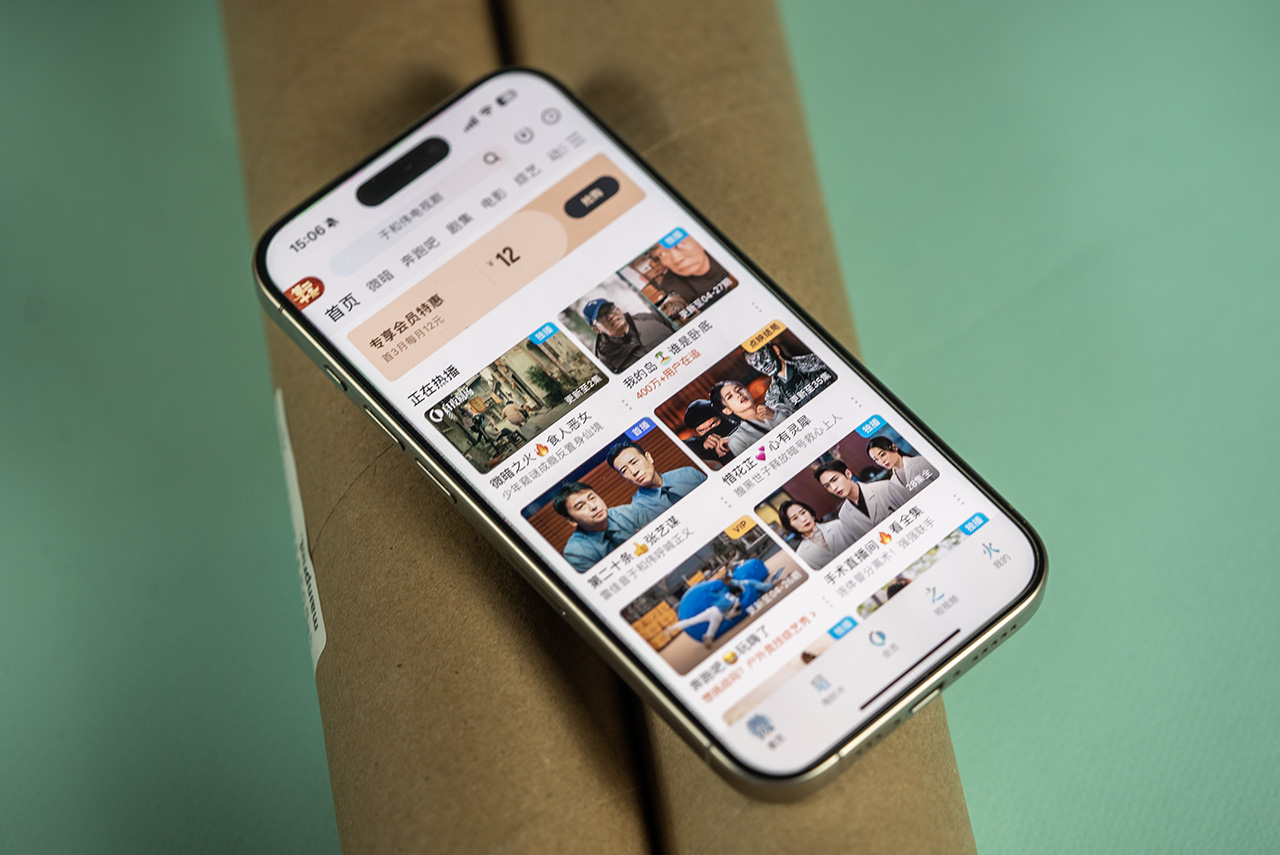After 5 days in different cities in China, I still couldn’t get used to the fact that my iPhone was practically useless.
Familiar applications and messengers that you log into dozens of times a day, which you have become accustomed to over many years, refuse to work.. Gmail does not arrive, and even searching on the iPhones.ru website does not work, because it is made on the Google engine, and Google completely banned on the territory of this country.
However, every local resident has a smartphone in their hands, and many have iPhones. The Chinese watch with enthusiasm, communicate in video messengers and are generally not upset by the fact that “great firewall of chinese» works properly and does not produce white laowayam Confuse the minds of the population with your content.
This method of questioning and spying on events collected a list of applications and serviceswhich are extremely popular in China and have long replaced the residents of not only YouTube, Telegram and Google, but also banking applications.
The Great Firewall of China – what is it?
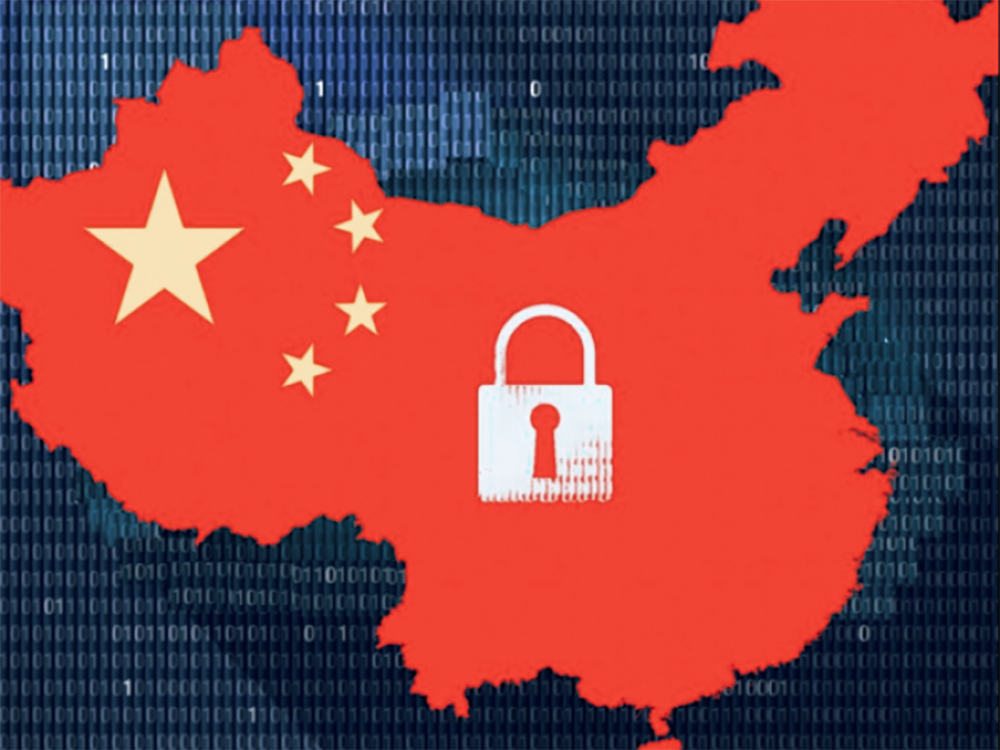
Many have heard these words, but few know what this thing is officially called Project Golden Shield and is a system for filtering Internet quality in China.
The development of this project began in 1998, began its work in 2003, and in 2011 the “Golden Shield” was already officially deployed throughout China. Since then, each domain must be registered with the China Internet Information Center in order to be able to access these creator sites.
Also, the Chinese Internet system includes identity verification using a passport, content filtering and a face identification system, which makes it possible to practically track any virtual offenses.
This is interesting: “Golden Shield” is one of the 12 key projects of the PRC in the field of e-government, called “golden”. Other “golden” projects include “Gold Customs“for foreign trade, “Golden finance“for financial management, “Golden property» for agricultural information, «Golden water” for information on water resources and “Gold quality» for quality control.
This system works perfectly, I experienced it personally. 70% of the work and communication applications on my iPhone turned into “pumpkin” before I even got off the plane in Hong Kong.
What resources are blocked in China

The list of prohibited resources is constantly updated, so it will not be possible to list them all. I will note the most popular technologies that you cannot use in the country:
● YouTube
● Twitter
● Tinder
● Facebook*
● Instagram*
Things are also bad with messengers; I can’t communicate on Telegram, WhatsApp and Viber. You also don’t listen to music on Spotify, don’t go to Wikipedia, or watch videos on TikTok, despite the Chinese location of this constant video service. The Yahoo search engine is blocked, and Google Docs and Sheets cannot be accessed.
In addition to this, the note indicates that Google Play is also blocked in China. Instead, there are a dozen applications in local stores, the most popular of which are GFan, China Mobile Markete and 91 HiAPK.
As for the App Store, it works. But the government of the country strictly monitors the placement of applications, so it is impossible to find a single one that we are used to. This is truly the great Chinese firewall.
*belong to Meta, recognized as extremist in Russia and banned
What applications and services do the Chinese use?

And yet, the Chinese actively use modern smartphones, communicate, make friends, discuss news, buy goods and look for information using search engines.
For all this, they have their own analogues of popular services, such as:
1. WeСat for communication and news
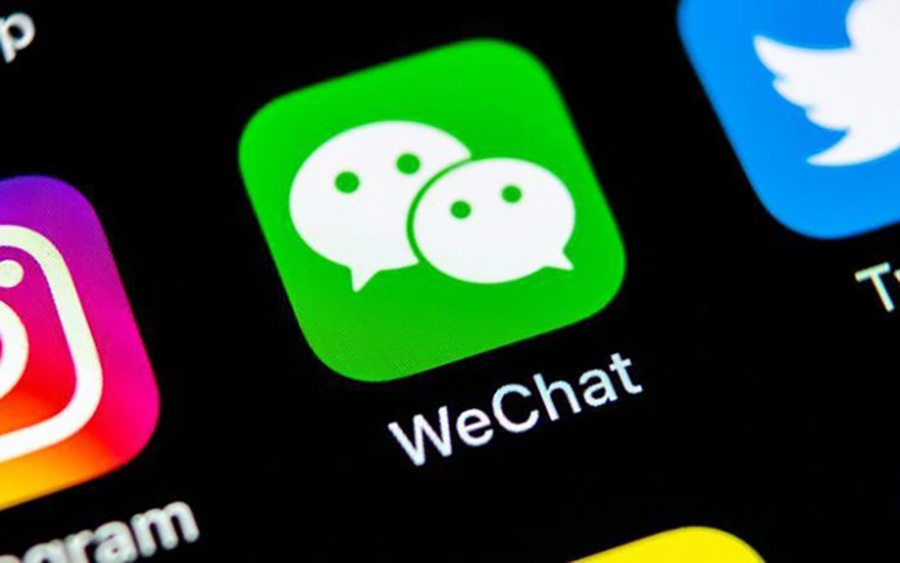
This is the largest ecosystem that combines messenger services, microblogs, support for mini-applications, a news feed and an electronic wallet. WeChat is installed on every Chinese smartphone, because with its help you can not only communicate, but also buy goods in any stores or pay for a taxi.
In the application, you can link a bank card to your account and then in the store simply show the generated QR code, which the seller will scan at the checkout. After this anti-advertising card, the money for your purchase is debited. Overall, it’s convenient.
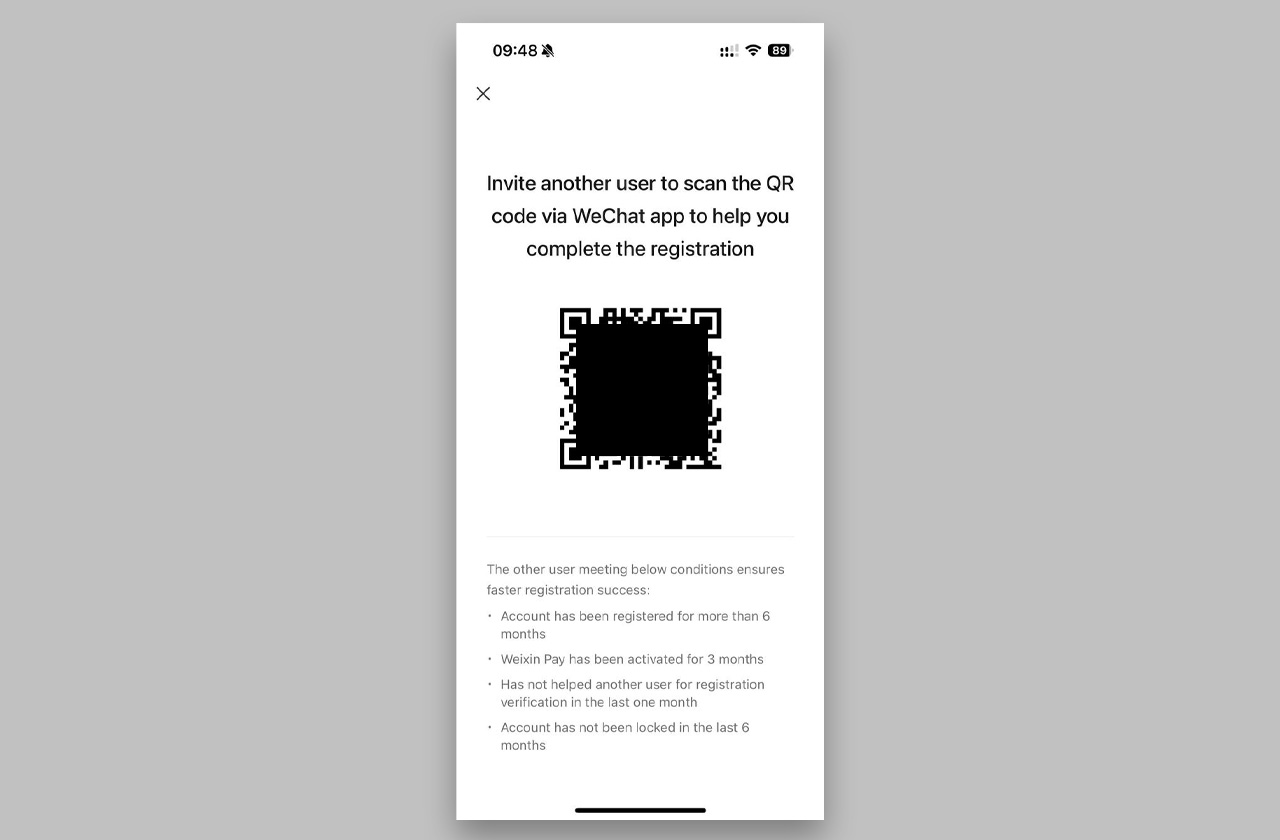
This is what it looks like to support your WeChat account.
If you are thinking of learning this application on your own, you will not succeed. Yes, you can download it from the App Store in English and even register. But after registration, WeСhat will ask your reliability with the help of any other user of this application who has registered in it for at least 6 months and also has a verified account.
If you don’t have a Chinese friend, you can delete WeChat at this stage.
2. Weibo instead of Twitter and Instagram*
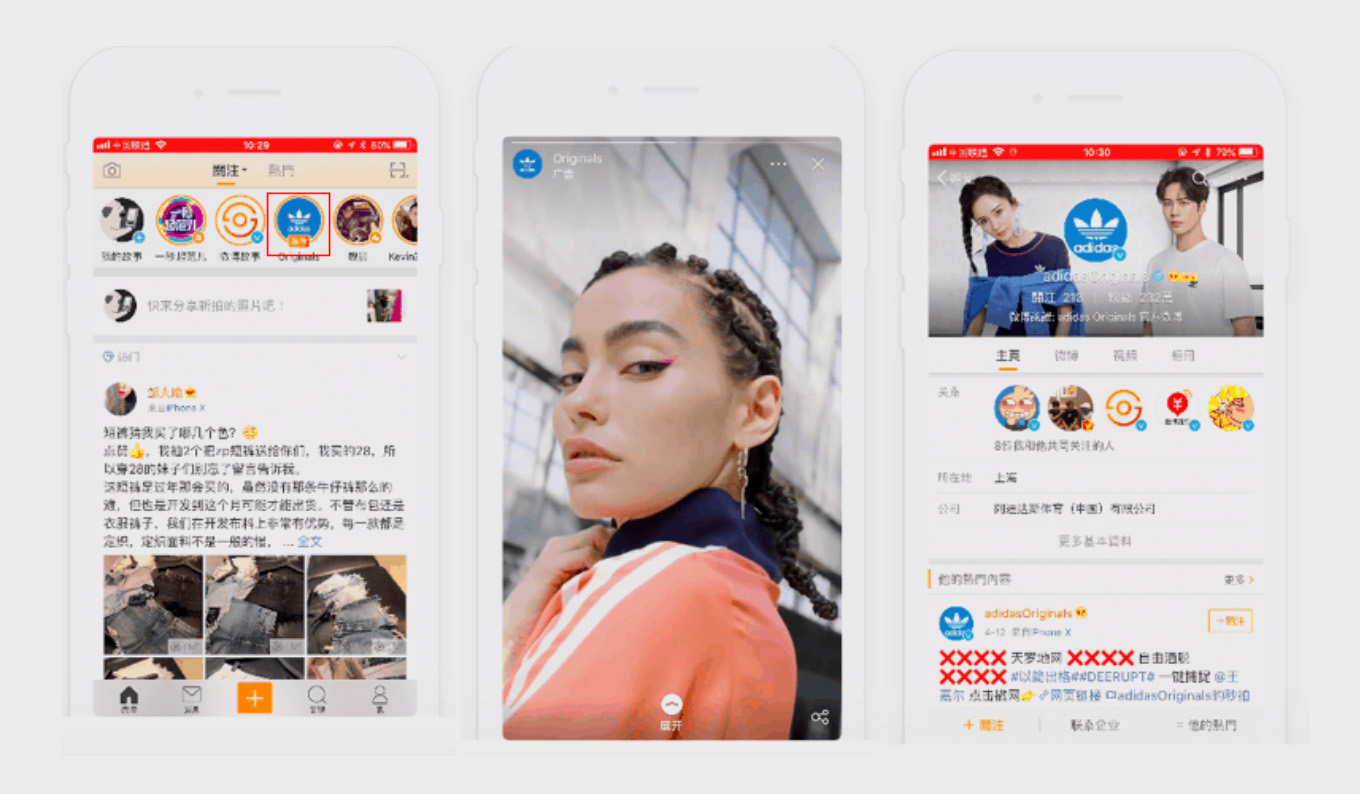
I would add that this application also replaces Reddit. This analogue of LiveJournal in its years of popularity, only instead of long simple text, it placed short posts with photographs.
Users can follow each other, comment and like. It is possible to communicate in private messages.
3. Yoku instead of YouTube
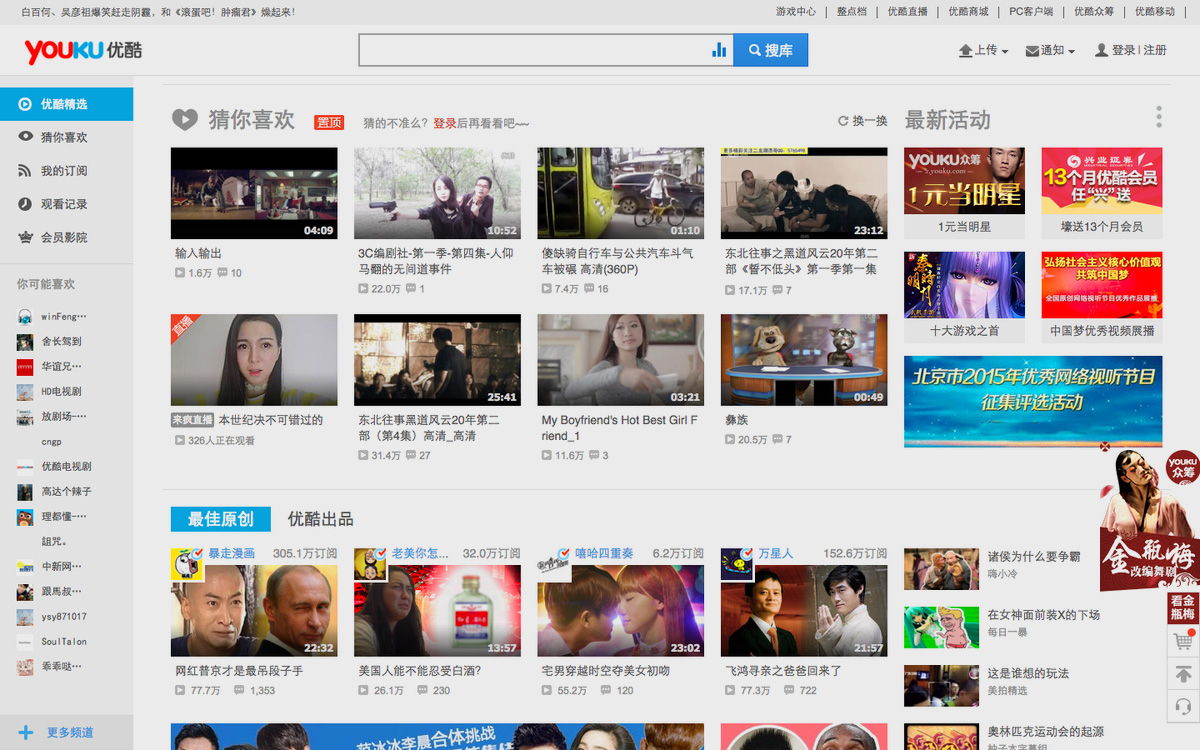
The most popular local video hosting site, where you can find not only amateur videos, but also official releases of TV series and even feature films.
Youku is also among the top most popular video streaming platforms by number of visits. Youku’s interface is similar to YouTube because it was originally created specifically to replace Google’s children.
The application has a main feed with the ability to select, search, like and comment on videos, although everything is in Chinese. This doesn’t suit us; it’s impossible to use without knowing the language.
4. Douyin instead of TikTok

This application is made by ByteDance, which owns TikTok, and is essentially its Chinese counterpart.
The interfaces of these applications are almost the same, in the same sense. But the difference is in normal conditions: if TikTok contributes to the development of Western youth, then Douyin contains older people, from 20 to 35 years old.
Accordingly, the content is also a little more mature. I mainly came across various recipes, tips and life hacks, entertaining and hype videos with dancing and challenges I practically didn’t see it.
5. Baidu instead of Google
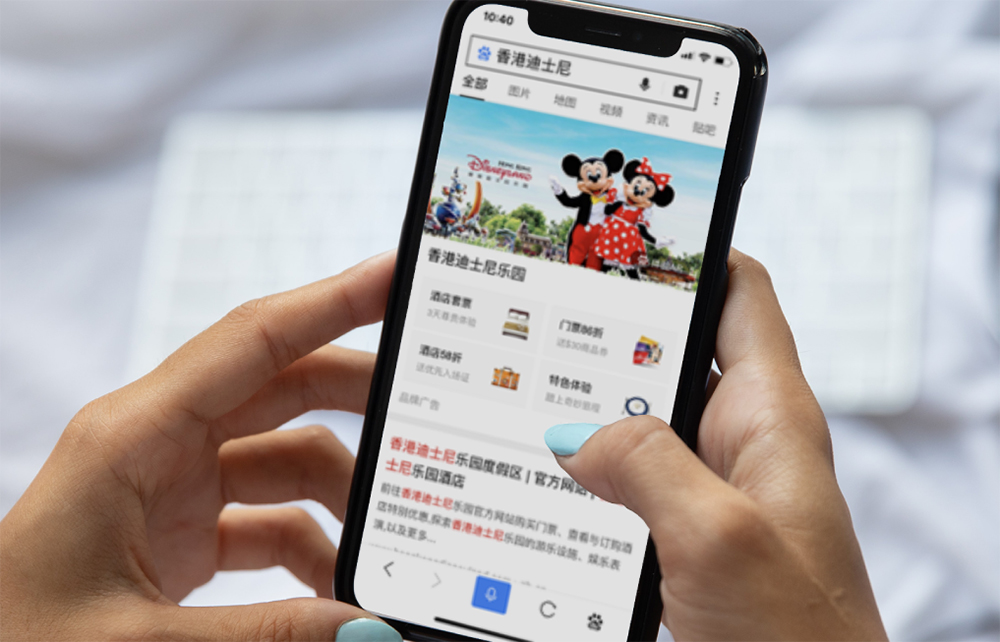
This is a Chinese search engine in which search queries and results are carefully censored. Yes, if you wish, you can find information from foreign sources, but resources with Chinese domains will always be a priority and higher than Western ones.
However, Baidu accounts for 74% of all searches in China. With 1.079 billion active internet users there (as of June 2023), Baidu is the absolute leader among other local search engines.
6. QQ instead of WhatsApp and Viber
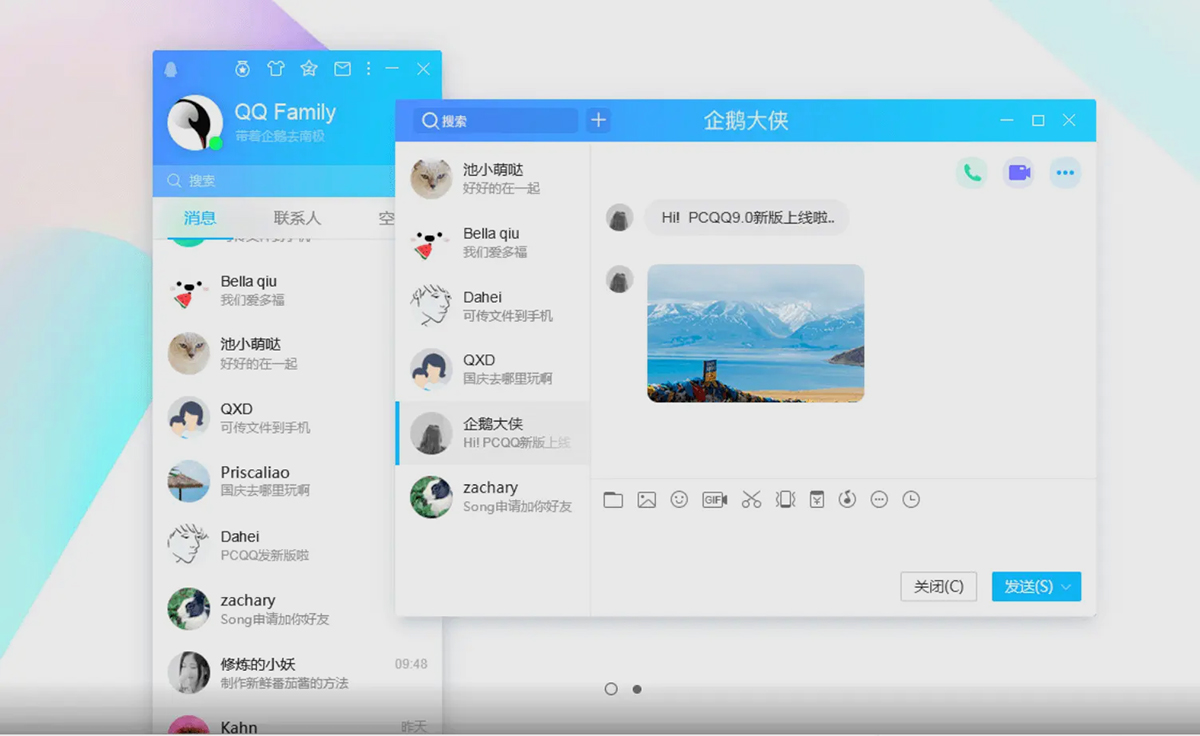
The QQ messenger was released by Tencent in 1999 as an analogue of the then popular ICQ all over the world. Now this instant messaging service has an audience of about 844 million people and is the second most popular service after WeChat.
In addition to the usual chat and messaging functions, in QQ you can share news with friends, create thematic groups, play games, watch videos, but there is no payment system there.
Do the Chinese miss YouTube?
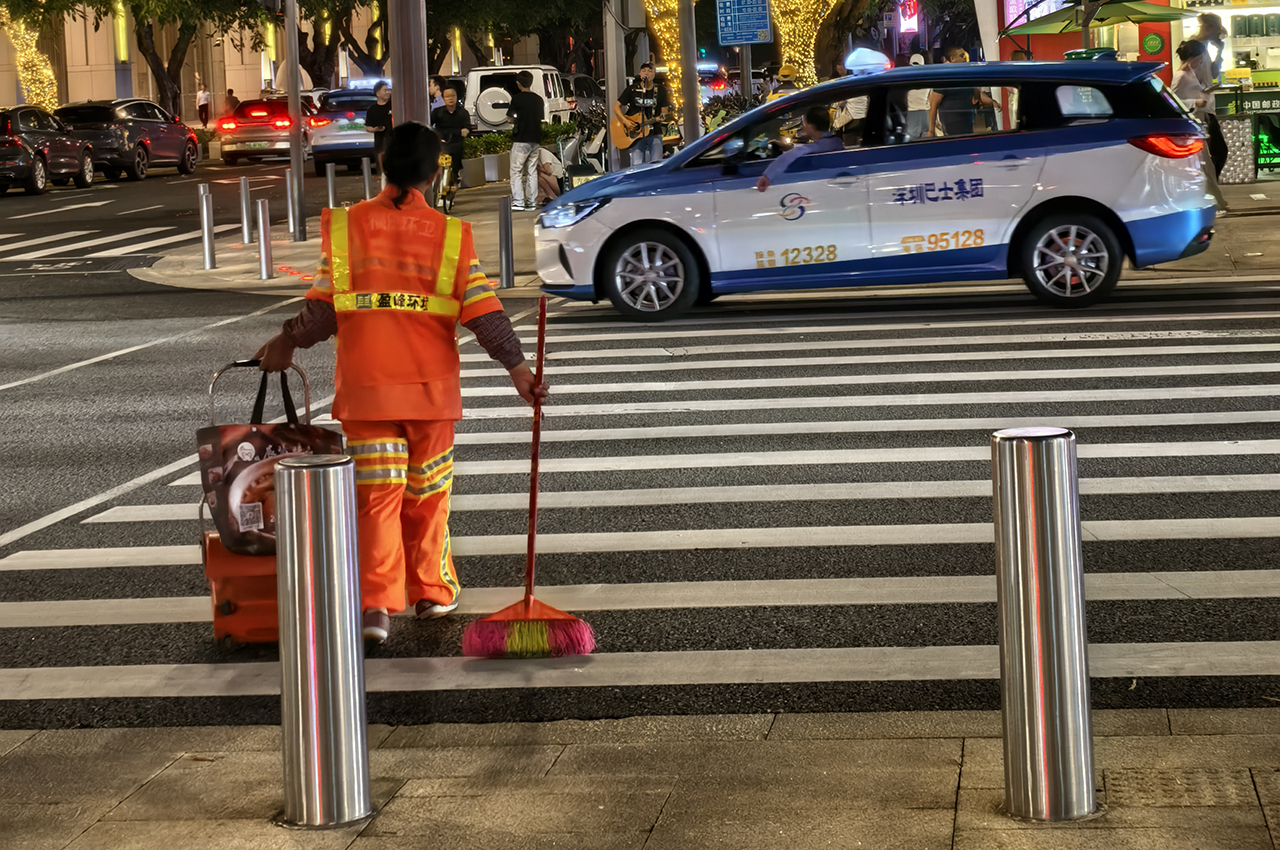
I asked a question about traditional living conditions in Shenzhen between the ages of 25 and 40. Some of them answered that they didn’t know what YouTube was, others decided to show off the really cool Youku. In general, no one misses services and applications from the West.
This is understandable – all the analogies listed above were created taking into account the mentality and culture of the people of China. On the one hand, the abundance of really strict censorship is very unusual for Westerners, it seems to me, but on the other hand, there are no bad, prohibited or outrageous materials on the Chinese Internet at all.
So the Chinese firewall really stands guard over moral values. Which suits everyone quite well, including local Internet users.
Source: Iphones RU
I am a professional journalist and content creator with extensive experience writing for news websites. I currently work as an author at Gadget Onus, where I specialize in covering hot news topics. My written pieces have been published on some of the biggest media outlets around the world, including The Guardian and BBC News.






